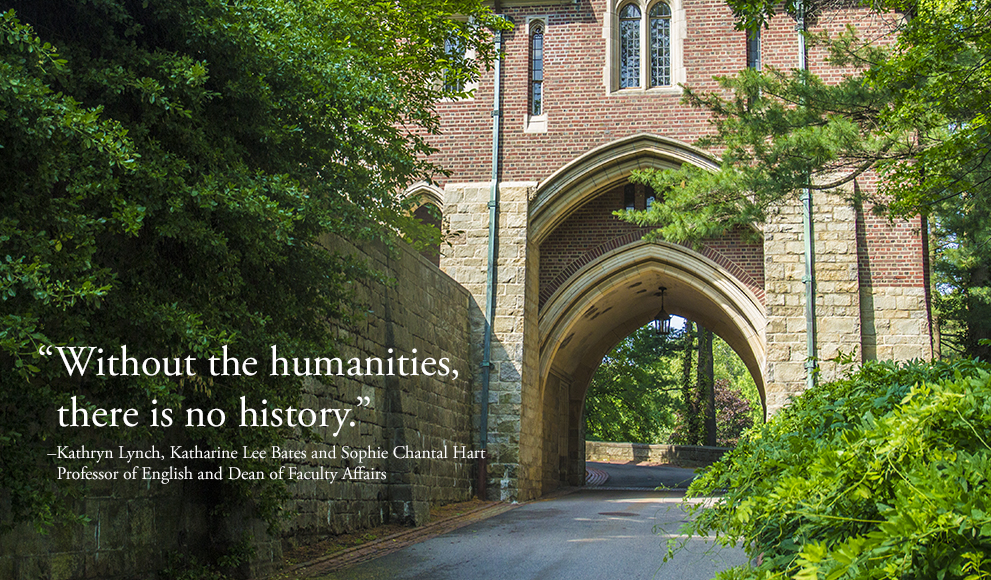Kathryn Lynch in the Washington Post: Cutting the Liberal Arts Undermines Our Cultural Traditions

Lawmakers in Wisconsin are debating a change to state law that would weaken tenure protections in the state’s university system. Remarking on this effort, and others designed to “reduce or eliminate programs in ‘obscure’ fields” for the sake of cost savings, Kathryn Lynch, Katharine Lee Bates and Sophie Chantal Hart Professor of English and Dean of Faculty Affairs, penned an op-ed in the Washington Post declaring: “academic freedom is under siege.”
The explicitly stated purpose of the Wisconsin law, Lynch wrote, is, “to pave the way for the elimination of faculty appointments in fields that simply do not seem worth continued investment, not because a faculty member holds an unpopular or controversial opinion but because he or she teaches in a currently unpopular field.” This, she contends, will lead to unintended consequences.
For a market perspective and to illustrate on potential impact on students, Lynch points to a 2014 study from the Association of American Colleges and Universities which demonstrates that graduates in the humanities and social sciences have higher earning potential in their peak earning years than those who major in pre-professional fields, and another report from the Association of American Medical Colleges which shows that humanities majors have higher acceptance rates to medical school than social science or natural science majors. However, she points out that the chief measure of educational value is not found in the marketplace.
“The humanities offer a larger and more significant value to our culture that is not captured in their pure utility,” Lynch wrote. “The humanities include the very fields that permit us to maintain an informed historical perspective on our lives. Without the humanities, there is no history."
Read the op-ed, “Cutting the liberal arts undermines our cultural traditions,” on the Washington Post.
